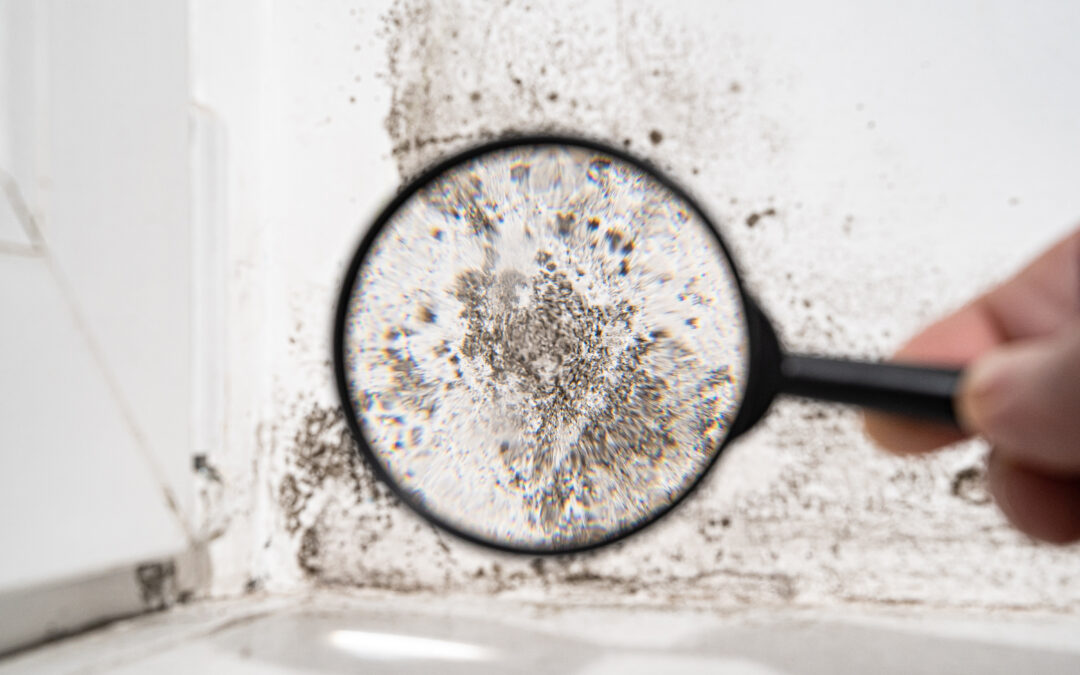Are your expectations of curing your autoimmunity realistic?
Brain fog. Aches and pains. Headaches. Fatigue. Difficulty sleeping. Other autoimmune disease symptoms. You want it all gone. Not temporarily, forever. You want to be ‘normal’. You want your old life back.
Being diagnosed with an autoimmune disease is life changing. It can also be a frightening or negative experience. And living with the symptoms of autoimmune disease can be hard and frustrating.
Some people become resigned to this, but others, and probably that includes you if you are reading this, are spurred on to find a solution.
You want a CURE for autoimmune disease. You turn to the internet and become your own health detective. You listen to all the podcasts, you watch all the summits, you identify who the experts are and you start making bone broth and stop eating gluten.
But after a little while you get confused, overwhelmed and frustrated. There is a ton of information online and a lot of it is very positive. REVERSE your autoimmune disease by doing this diet and taking this exact combination of supplements. Read this book and you will have all the answers to PERMANENTLY resolve your autoimmunity. Eradicate your Epstein Barr Virus and your autoimmunity will definitely be GONE.
But what does REVERSE actually mean? Is it the same as cure? Is it permanent? Is it remission? What does it all mean and what is a realistic expectation?
Can Autoimmune Diseases Go Into Remission or Can They Be Cured?
When you received your diagnosis of autoimmune disease, you probably felt immense relief – especially if it’s taken years to get answers. That’s the reason I feel so bad – now what treatment do I need to get back to normal? Except, in the case of autoimmunity it’s rarely that simple. There’s no autoimmune disease cure.
You may be offered medication to counter the symptoms of your disease. These can be a double-edged sword. Medications for autoimmune disease either work to suppress your symptoms without tackling the underlying cause, or suppress your overactive immune system. Neither are ideal – suppressing symptoms doesn’t do anything to tackle the continued damage to your tissues. And suppressing your immune system is a form of manipulation that results in susceptibility to repeated infections and disrupted gut health, and they have their own side effects as well. Neither of these types of medication are a cure, although I’d like to be clear that they are very helpful in preventing damage to tissues and significantly improving quality of life and slowing down disease progression.
Remission is often the aim, instead of cure. While individual symptoms can come and go, remission is where all symptoms and action of the disease go away – but can always return. Remission can happen spontaneously, sometimes in pregnancy, or with lifestyle changes. Remission is not a health status – it’s an unknown length of time.
This is a difficult part of navigating autoimmunity both as a patient and as the partnering clinician. There is a degree of unpredictability to autoimmunity.
Is There a Way of Developing a Healthier Relationship With Autoimmune Disease?
Understanding that autoimmunity is variable and incurable and having realistic expectations and also a transformed relationship with your body and your illness can be a pivotal part of healthy transformation.
From my own experience, and that of my clients, I can tell you it’s possible to work on your relationship with your body. It’s also possible to live without fearing flare-ups so much. I’ve previously written about how your relationship with your body and autoimmunity can affect your quality of life. Finding a way to accept your illness and love your body and your life, even if you are experiencing good days and bad days, remission, and flares is essential.
Your autoimmunity isn’t caused by one thing – although it may have been triggered by one thing, flare-ups are likely to happen at points of time. They can also occur because of something you have no control over, such as infection, stress, or seasonal changes. Even simple exposure to UV light can bring on a systemic lupus erythematosus (SLE) flare.
So what is a realistic expectation then? Here is what I am personally aiming for with each patient.
We want to understand well your body and how it works. To investigate what your needs are in terms of care and nutrition. To understand what your specific weaknesses are e.g. oxidative stress and the liver or stress and trauma or infection or food reactivity. Or a combination of events such as getting an infection and also being more stressed than you have the capacity for. This allows us to put in place a long term program that aims to supply your body with what it needs to be as healthy as possible.
Then we want to really understand what your triggers are and how to navigate a flare when it happens. What tools can we provide you with to reduce the duration and intensity of a flare, and to support your recovery afterwards. A lot of the fear and the frustration of a flare is the unknown aspect of it. Not knowing what causes it. Not knowing how bad it will be and how to help yourself on your worst days can make you feel like a passive recipient, which is very disempowering. It can also create a lot of fear for the future.
And if you’re anticipating your next flare, then you’re not able to live in the moment. You may also find yourself judging every little thing you do in case it sets your immune system off. This is no way to live.
Equally, living with and managing your health with an autoimmune disease involves knowing your boundaries and learning how to taking a stand at times. There are some things that are non-negotiable, that can take you closer to the threshold of a flare. I can’t eat gluten – and I’ve accepted that I can’t ever have cheat days. You may find yourself developing a few rules for living that may come across as inflexible to others – no gluten, no alcohol, no fragranced bath products. It might be socially awkward when you’re given yet another highly fragranced gift basket for your birthday, but it’s these incremental changes that help you manage your condition, reducing the severity of your flares and hopefully increasing remission time.
Ultimately, you need to strike a balance between making changes in your life that can aid your health and accepting that symptom flares can still occur sometimes. Otherwise, you could drive yourself crazy with the pressure.
What Are the Best Ways to Manage Autoimmune Disorders?
Autoimmunity involves more than just the area of your body that’s most obviously affected, and in order to reduce your symptoms, it’s better to work on reducing the inflammation. The good news is that it’s possible to take control of your health and your life by looking after your body as a whole.
Here are six actions to take to better manage your autoimmune disease:
- Compile your functional medicine timeline with your health practitioner: Your autoimmune disease doesn’t occur in a vacuum, and it’s vital to look at the big picture of your health. Your individual experience needs to be understood to plan lifestyle changes.
- Take a look at your stress and trauma and also your relationship with your health and your body. You can have the perfect diet and supplement program, but if you have unresolved childhood trauma then your immune system will struggle to change. Also if you are at war with your body and your interventions are coming from a place of fear, control or loathing – of your illness or of your body, then this will radically affect your ability to heal.
- Careful, specific testing – under the guidance of an expert: Before you can make changes, you may need to learn more about any hormonal and gut imbalances, alongside any sensitivity to foods or nutrient deficiencies. But you also need help deciphering what the ranges of numbers on the results mean – and how they should influence your new plan.
- Make changes to the food you eat and the health of your gut: Work to support digestion, to improve the nutrient density of the foods that you eat and to eat in a way that is joyful, pleasurable and health promoting for you. This is not about strict and severe eliminations for the rest of your life. It’s about curating and personalising a way of eating that nourishes your body and your spirit too. Think abundance, variety and diversity. Think COLOUR.
- Sort your sleep and stress levels: Loss of sleep and current chronic or acute stress can increase inflammation and radically change your immune system in an unhealthy way, so it’s of the utmost importance to learn to handle both better.
- Cut out unnecessary chemicals and improve your body’s ability to process toxins: It’s not enough to reduce exposure to particular toxins – there are ways in which you can aid your natural detoxification pathways. I wrote a series of articles about this see them here, here and here.
Please understand that every person with an autoimmune disease is very different from every other person. No two people’s Hashimotos is the same, no two people’s coeliac disease is the same. Autoimmune disease is NEVER ALWAYS anything. It’s never always leaky gut. It’s never always Epstein Barr infection and so on. There can be no ‘protocol’ for autoimmunity and anyone that is selling this to you or making promises that include the word ‘permanent’, ‘guaranteed’, or ‘cure’ is trying to take advantage of your vulnerability.
If you want to work with me, there are a couple of ways to do that. I have a great team that I work together with to support my patients one to one, I have a signature program called The Foundations of Health that is more comprehensive than one-to-one appointments and is very much about teaching you autonomy and empowering you in your autoimmune journey.
In the Foundations of Health, I equip you with the right knowledge in 16 seminars over 8 months, so you can take time absorbing the information and making the necessary changes. If you’d like to know more, click here!
I also have a series of YouTube videos on Autoimmunity that I am in the process of updating, so check those out.
I give free hour long webinars for the general public if you are signed up for my newsletter.
And I am also active on Instagram if you’d like to see what I do to support my own health and the various health related topics that think about every day.






